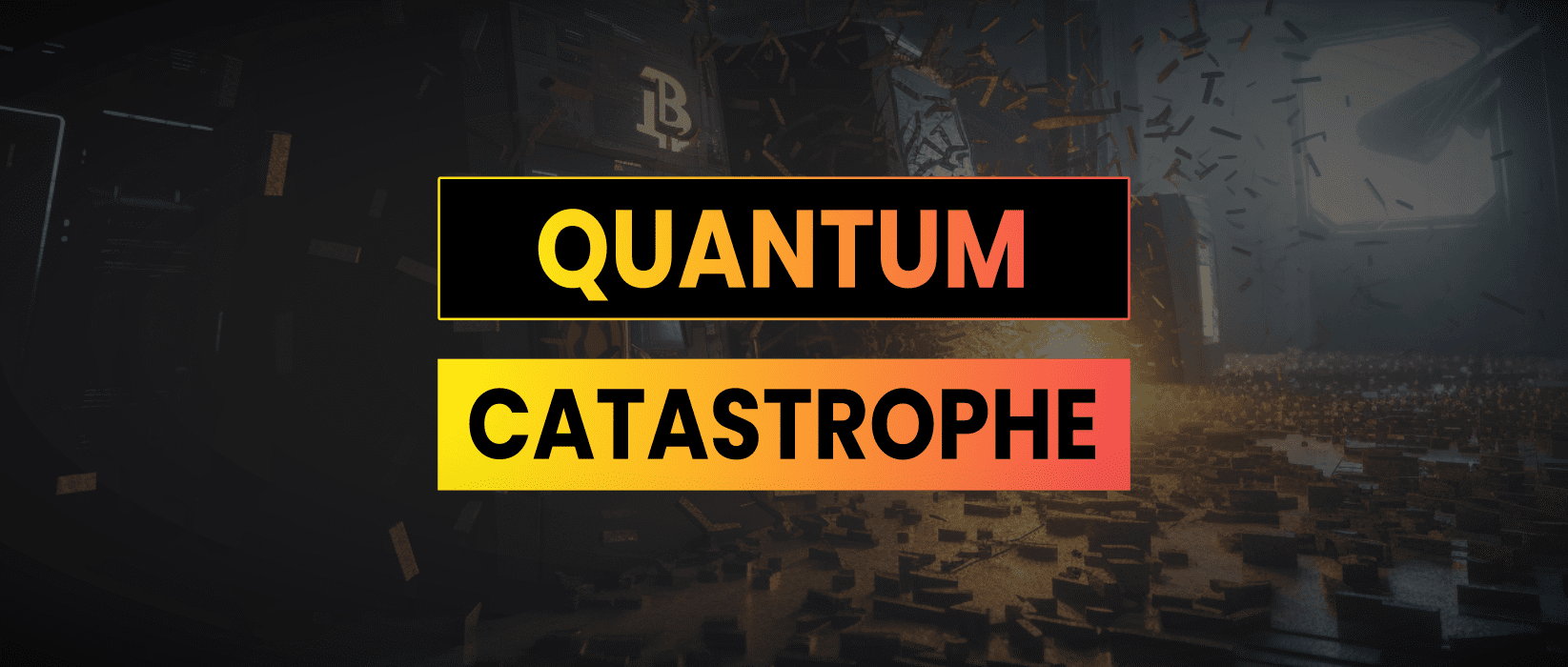Quantum computing has the potential to transform the way we solve complex problems in various fields, including cryptography. It offers a unique approach to problem solving that can break certain cryptographic algorithms and create new opportunities for cryptography.
Bitcoin uses a combination of SHA256 hash functions and secp256k1 elliptic curve (ECDSA) cryptography to secure transactions.
ECDSA uses a private/public key pair to sign transactions which are verified on a node to ensure that only the owner of the private key associated with the public key can spend the bitcoins.
One of the most significant impacts of quantum computing on cryptography is its ability to break public-key cryptosystems like ECDSA, which rely on a discrete logarithm problem as its basis.
If a sufficiently powerful quantum computer was built, it could solve ECDSA efficiently using a method called Shor’s algorithm.
In theory this could be used to break Bitcoin’s digital signatures and thereby compromise the security of the Bitcoin network. An attacker with a quantum computer could create fraudulent transactions and undermine the integrity of the network.
Having said that the infrastructure challenge to create a quantum computer powerful enough to complete the task is a major undertaking that very few organisations (and 3 letter agencies) would have the funds to attempt. To date, to the best of my knowledge, no one has been able to solve a secp256k1 key pair.

So can quantum computers break Bitcoin?
In theory yes but perhaps not in our lifetimes and if it does happen it will be carried out by the NSA rather than a hacker. Bitcoin and other cryptocurrencies have the ability to upgrade their encryption algorithms as and when this problem becomes a significant threat to the credibility of the network.
Quantum computers create new challenges and opportunities for the development of more secure cryptographic systems that are resistant to quantum attacks. For instance, researchers are exploring post-quantum cryptography, which involves developing cryptographic algorithms that are resistant to both classical and quantum attacks.


